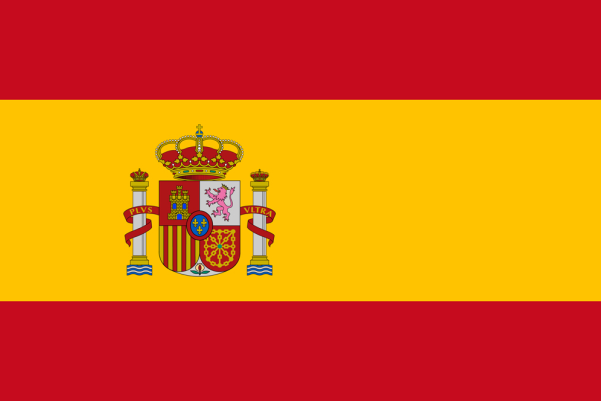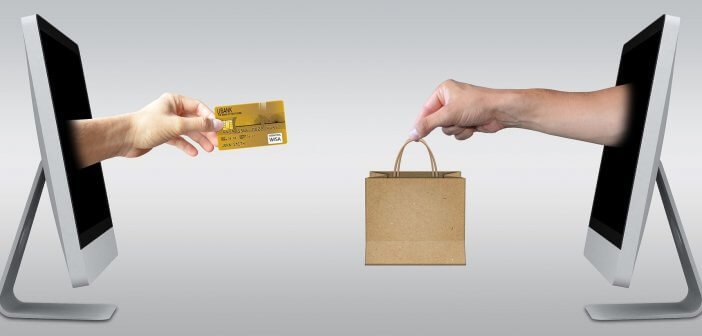Has the Internet helped drive commerce during these times of isolation and lockdown?
The world was not expecting a serious pandemic and, unfortunately, businesses were not prepared for months of isolation and a stalled economy. In countries around the globe, the crisis has led to an abrupt decline in sales, which, in turn, has seen revenues plunge, unemployment rise, and the number of bankruptcies surge.
From an EU perspective, commentators suggest that the continent is experiencing one of its biggest crises since its foundation. Covid-19 epicentres, such as Italy and Spain, count on the financial assistance of the European Union, which needs to mobilise all the other EU countries to be able to offer this aid. Furthermore, there are also Eastern European countries, which, despite having been able to handle the contamination by the virus relatively well, also need support to bolster their economies, which ultimately trade on tourism and the exportation of raw materials.
Whether accessed by mobile devices or home computers, the Internet has become a constant during this period of global uncertainty. Many activities have been adapted to a new virtual reality, such as psychological and psychiatric care, academic classes, medical consultations, business meetings, etc. While e-commerce is unlikely to save many from bankruptcy during such a deep financial crisis, it may help entrepreneurs stem the tide somewhat until times of greater clarity and calm. And, for the time being at least, this is the only controllable means of overcoming the damage caused by the pandemic and while social isolation persists. In the UK, retail purchases have fallen by almost 20% since April, according to data from the Office for National Statistics. The Office’s website also points out that businesses which were already accustomed to online trading were able to handle the immediate impacts with less disruption. The result: e-commerce accounted for 30% of all retail income. In Brazil, according to data from the Brazilian Electronic Commerce Association, almost 110 thousand virtual stores were opened during the three months of social isolation—that’s one and a half per minute!

















